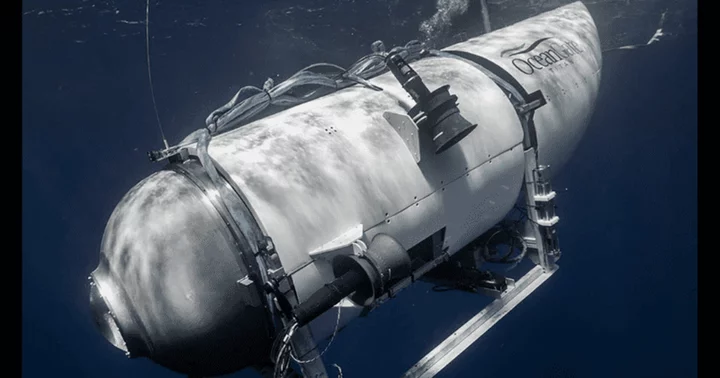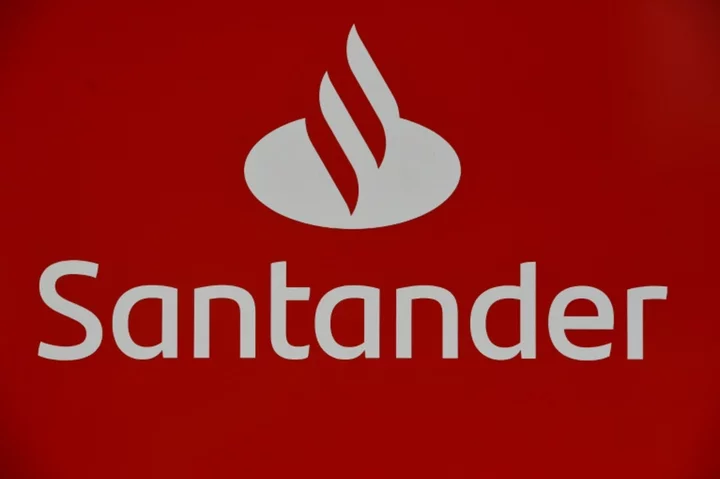NOVA SCOTIA, CANADA: An extensive rescue effort to locate OceanGate's missing Titan submersible has drawn to a devastating close. The US Coastal Guard confirmed on Thursday, June 22 that all five crew members on board the Titan died after the vessel was subject to a "catastrophic implosion". Using remotely operated vehicles (ROVs), rescuers spotted five major pieces of Titan’s debris 1,600 feet away from the Titanic shipwreck.
The victims, who were killed in the implosion included OceanGate CEO Stockton Rush, who piloted the vessel, British billionaire and explorer Hamish Harding, French Titanic expert Paul-Henri Nargeolet and Pakistani business tycoon Shahzada Dawood and his 19-year-old son, Suleman. The rescue efforts to locate Titan began on June 18 when the submersible lost contact with its mothership MV Polar Prince after 1 hour 45 minutes into the dive. During the joint search, the Coast Guard and specialists from Canada, the United States, and France deployed at least one submarine, several aircraft, and sonar buoys to search for the submersible, which disappeared during a voyage to the famous Titanic wreck
Who will pay for Titan sub's search operation?
During the four-day-long search mission, the United States employed three C-17 army cargo planes, along with several support crews, submersible boats, and an underwater drone that can descend to 20,000 feet. Meanwhile, Canada sent a patrol aircraft and two surface ships, along with doctors specializing in diving medicine. France had also joined the search with a ship carrying an underwater robot and personnel prepared for this type of situation.
The exact cost of the whole rescue effort is yet unknown but Chris Boyer, the executive director of the National Association for Search and Rescue, told The New York Times that the mission would "probably cost millions". He also confessed that it is not known who will pay the costs but it is possible that it will fall "on the taxpayers of the countries involved". Meanwhile, Retired Admiral Paul Zukunft, who previously led the Coast Guard, told the Post that OceanGate Expeditions wouldn't be expected to reimburse the US government. "It's no different than if a private citizen goes out and his boat sinks. We go out and recover him. We don't stick them with the bill after the fact," Zukunft told the outlet.
Why the Coast Guard doesn't charge for search operation
While efforts that went into the rescue mission are expected to cost millions, the US Coast Guard, the agency that was leading the search, doesn’t charge a single penny. "At the end of the day, the Coast Guard does not charge people who are in distress for the search and rescue costs," Peter Boynton, a retired Coast Guard officer and affiliated faculty with the Global Resilience Institute, told Insider. "They won't tolerate a response to distress being delayed or limited while trying to sort out who's going to pay," he further added. Boynton stated that "artificial delays" brought on by trying to figure out payment might make a rescue operation riskier and "less effective."









